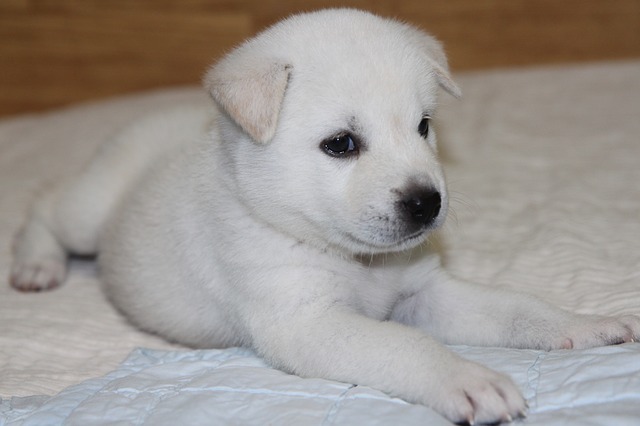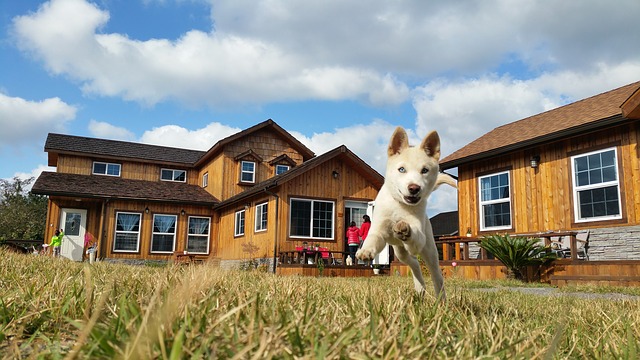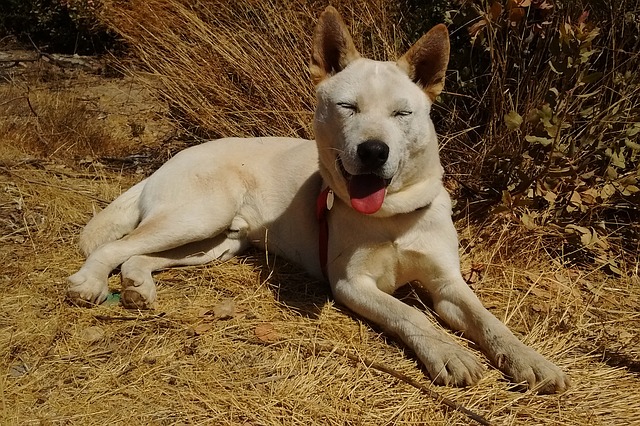Characteristics of the Jindo Dogs
Jindo dogs are a unique dog breed that are very easy to house train. This dog doesn’t need the owner to housetrain it, has the capacity to housetrain itself. Most homeowners have the opinion that Jindo dog is the best dog in the globe while others believe that it’s the hardest dog to have. To appreciate the traits of these dogs new owners needs to be fully prepared for how to deal with them. Here is some help with training them.
Below are the characteristics of Jindo dogs:
Highly intelligent
Jindos are highly intelligent and have the ability to think for themselves. They have the trait of uncrating themselves in a matter of time they find themselves in problems.
Extremely Courageous
Jindos are very brave dogs and also fearless and also seem courageous. They have the capacity of getting rid of wild boar. Jindos becomes aggressive when they are put into temptations and also react by moving forward when they are threatened. Jindos do not like to be handled, restrained or feeling susceptible that’s why it’s important to muzzle them before the vet makes a visit.
Loyal to Their Owner
Jindos have a good relationship with their owners though time is required for an adult Jindo to strengthen its relationship with a new owner. Jindos are not the most affectionate breeds and that’s why they don’t admire to be inside with the pack. Jindos stay in the same house with the other family members and will always assume a guarding post.
Difficult to Have in a Pack
Jindos usually have the dominant traits which make it hard to own a pack of Jindos. Jindos of the opposite sex, when paired together, can perform better when compared to those of the same sex. Jindo will be the dominant dog if it’s paired with another dog breed. Others dogs find it hard to cope with the Jindo dog as a playmate. Every owner must take time and be patient in order to assimilate the Jindo with the other household pets. Occasional dogs are obvious in scenarios where there are two or more Jindo dogs.
High Prey Drive
Jindos are extremely prey driven this is because they are exceptional hunters. Jindos were used by hunters as the attacking weapon to kill the prey. Jindos are very effective when it comes to killing large animals like deers and also the boars. They are also extremely effective in killing small animals like rats and mice. Jindos shouldn’t be allowed access to places where there are preys unless the place is secured. This is because they may disobey the owner’s instruction when chasing the prey despite them being well trained. The other issue with Jindos is that they tend to view small animals such as cats and birds as prey. Jindos require to accept other household pets such as cat as the members of the pack.



